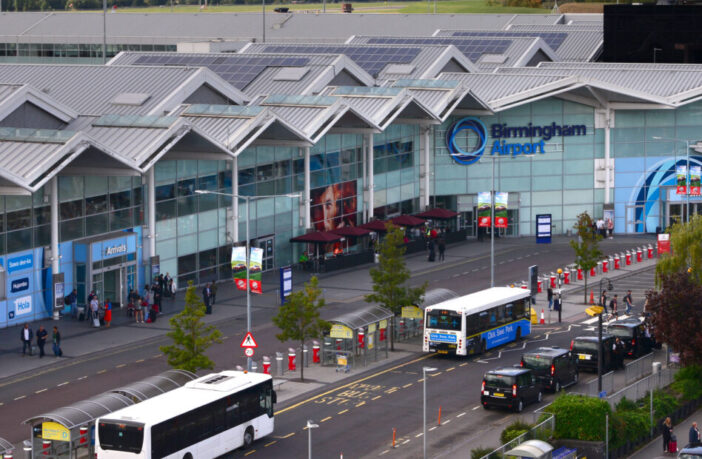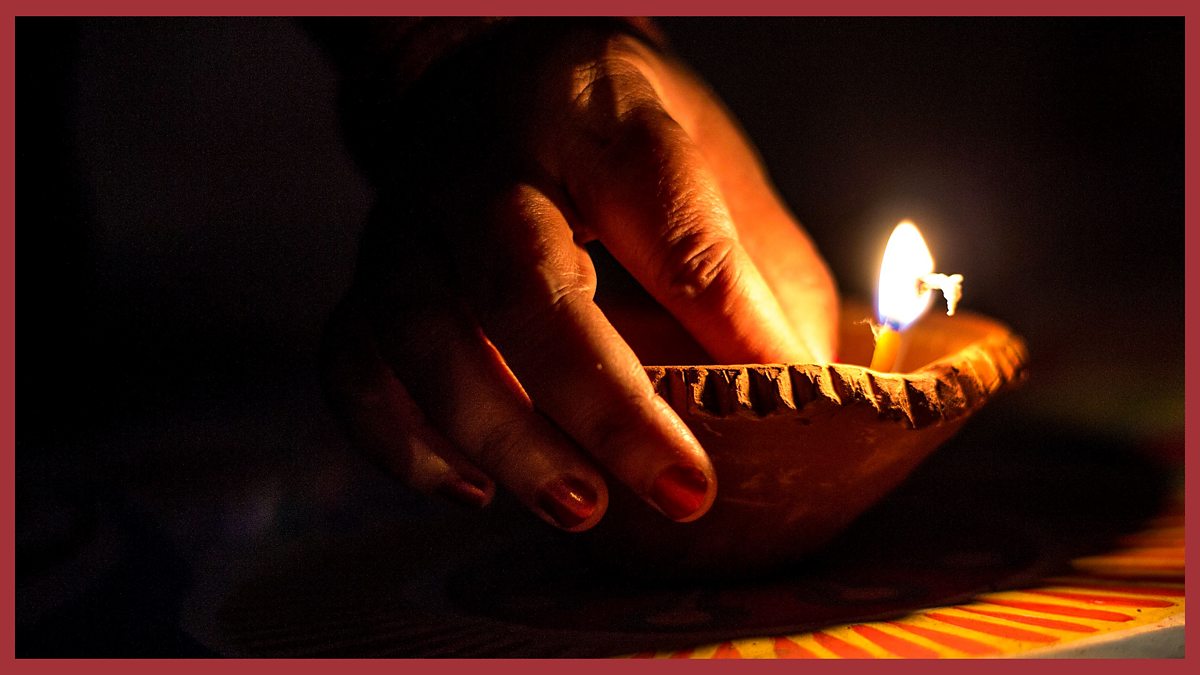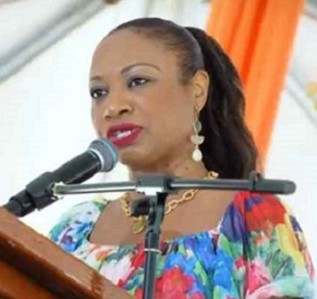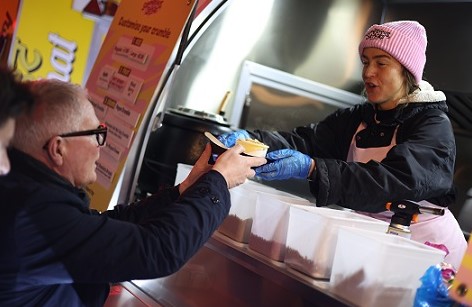Marking a new beginning through the arrival of a new moon, it’s time for people to gather with their families, and decorate their house to celebrate the victory of good over evil. Also known as the festival of lights, Diwali is one of the major festivals celebrated by Hindus, Sikhs, Jains and some Buddhists throughout the world.
Taking place on the darkest night on the Hindu lunar calendar, during the month Kartika, which falls in between mid-October - November in the Gregorian calendar, the festival also marks the last harvest before winter. Although it is five days long, the high point is celebrated on the third day, which coincides with the darkest day of the lunar month.
Originating from the Sanskrit word ‘deepavali’, meaning ‘rows of lights’, Diwali reinforces the spiritual aspect by lighting oil lamps, called diyas. As this festival is so widely celebrated by billions of people around the world, it has no single origin story, but a running theme sees deities winning a battle against evil.
The five-day festival of lights is as follows:
· 22 October 2022: Dhanteras
· 23 October 2022: Naraka Chaturdashi, also known as Choti Diwali
· 24 October 2022: Diwali
· 25 October 2022: Govardhan Puja, also known as Gudi Padwa
· 26 October 2022: Bhai Dooj











